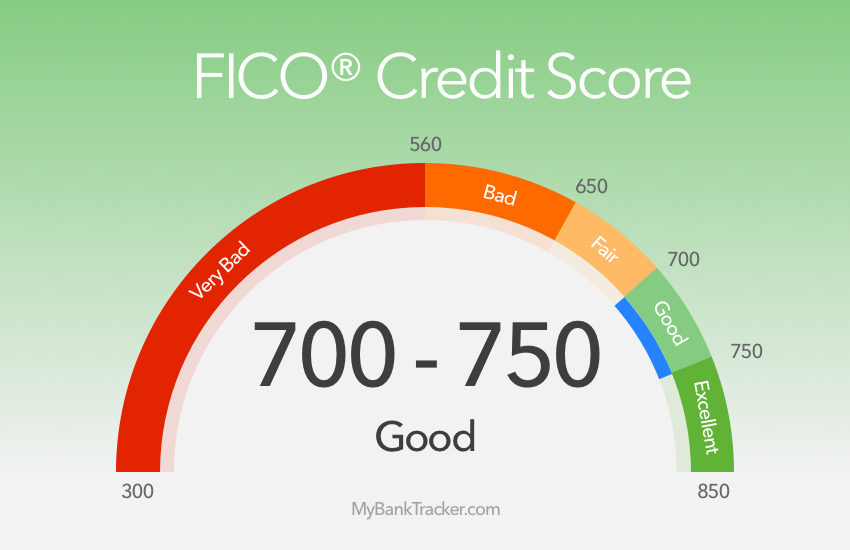If you’ve ever applied for a loan or credit card, you’re likely familiar with the term “credit score.” But what exactly is a credit score, and why does it matter? In this article, we’ll take a deep dive into credit scores, including how they work, why they’re important, and how you can improve your score.
Contents
What is a Credit Score?
A credit score is a three-digit number that ranges from 300 to 850 and represents your creditworthiness. Your credit score is based on your credit history, which includes your payment history, credit utilization, length of credit history, types of credit used, and recent credit inquiries.
The most widely used credit scoring model is the FICO score, which was created by the Fair Isaac Corporation. FICO scores range from 300 to 850, with a score of 700 or above considered good.
How is a Credit Score Calculated?
Your credit score is calculated based on the information in your credit report. Payment history and credit utilization are the most important factors in determining your credit score, accounting for 35% and 30% of your FICO score, respectively.
Payment history refers to whether you’ve made your payments on time. Late payments can have a significant negative impact on your credit score. Credit utilization is the amount of credit you’re using compared to your available credit limit. It’s best to keep your credit utilization below 30% to maintain a good credit score.
The length of your credit history, types of credit used, and recent credit inquiries also factor into your credit score. Having a long credit history, a mix of different types of credit, and few recent credit inquiries can all positively impact your credit score.
Why is a Good Credit Score Important?
Having a good credit score is essential because it can impact your financial life in many ways. Lenders use your credit score to determine whether to approve your application for a loan or credit card and what interest rate to offer you. A higher credit score can result in lower interest rates, which can save you thousands of dollars in interest over the life of a loan.
A good credit score can also help you qualify for higher credit limits, which can provide you with more flexibility and purchasing power. Your credit score can even impact your ability to rent an apartment or get a job, as landlords and employers often check credit scores.
How to Improve Your Credit Score
Improving your credit score takes time and effort, but it’s worth it in the long run. Here are some tips to help you improve your credit score:
1. Pay your bills on time: Late payments can have a significant negative impact on your credit score. Set up automatic payments or reminders to ensure you don’t miss a payment.
2. Keep your credit utilization low: Aim to keep your credit utilization below 30% of your available credit limit. If you have high balances, consider making multiple payments throughout the month to lower your balance.
3. Don’t close old credit accounts: Closing old credit accounts can shorten your credit history, which can negatively impact your credit score. Keep your old accounts open, even if you’re not using them regularly.
4. Apply for credit only when necessary: Each time you apply for credit, it can result in a hard inquiry on your credit report, which can lower your credit score. Only apply for credit when you need it.
5. Check your credit report regularly: Errors on your credit report can negatively impact your credit score. Check your credit report regularly and dispute any errors you find.
By following these tips and making responsible financial decisions, you can improve your credit score and enjoy the
